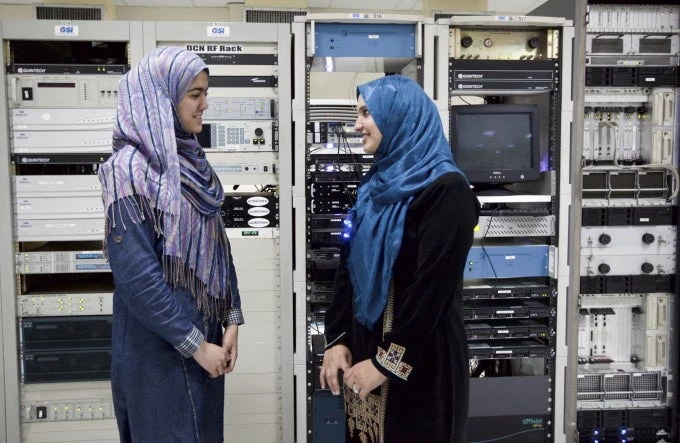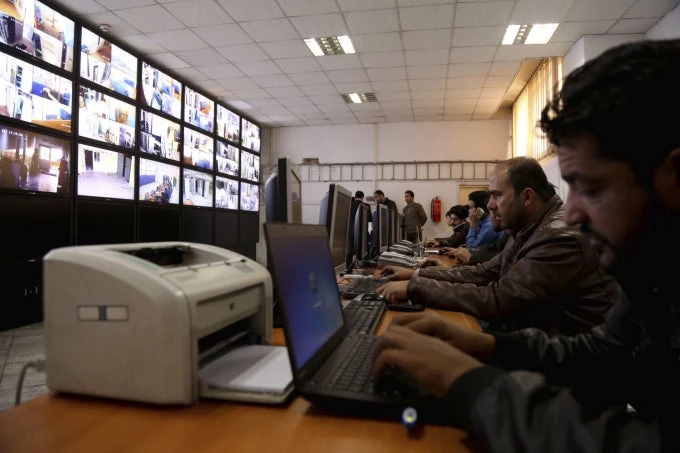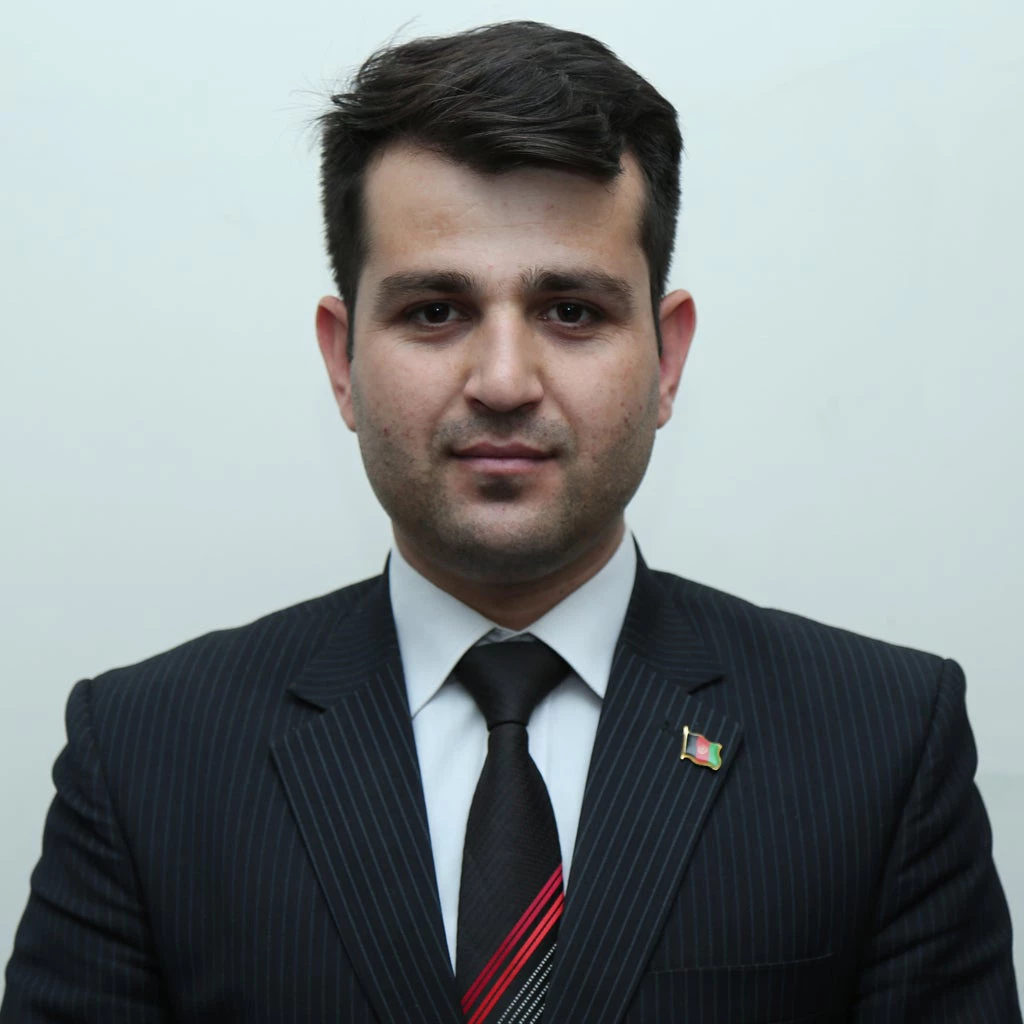
The audience cheers as Wahidullah Zazai, 26, ascends the stage during the award ceremony for DEWAE, a program to promote innovation across the country under the Information and Communication Technologies (ICT) Sector Development Project. His winning innovation is the development of a registration system for hajis, or people who have traveled to Mecca as pilgrims.
He receives a certificate and $2,000 to fund his idea at the award ceremony, which is a highlight of the Innovative Support Program that encourages innovative thinking by awarding cash prizes ranging from $2,000 to $80,000 within various categories of competition. The program plans to deliver 187 awards through five rounds before the end of 2016.
DEWAE is one of many initiatives under the ICT Sector Development Project, implemented by the Ministry of Communications and Information Technology (MCIT) with support from the International Development Association (IDA), the World Bank’s fund for the poorest countries. The main objectives of the project are to develop an ICT innovation culture, encourage use of technology to create efficiency in government service delivery, promote technological adoption in Afghan society, and support the overall development of the ICT sector in Afghanistan.

Wahidullah’s journey started after graduating from Kabul University’s Department of Computer Science in 2014. On coming out of university, he found that IT jobs required such advanced qualifications that his university degree did not qualify him for any relevant position. To gain the relevant job skills he needed, he joined an Advanced Level IT Training Program under the ICT Sector Development Project. He received four months of training and was able to secure a job.
However, acting on his goal to start a company, he joined the INCUBATOR program, also part of the ICT Sector Development Project in which entrepreneurial youth receive trainings and professional lectures, learning how to start up a business and write a business plan, as well as about marketing, management and other subjects needed to run a functional office.
As Technical Coordinator for the ICT Sector Development Project, I am proud to be part of these initiatives. As Wahidullah’s story shows, World Bank-funded programs of the MCIT have transformed the lives of Afghans, helping people like him and many others become active members of the country’s emerging IT sector, and contributing citizens of Afghanistan.
Wahidullah dreams about a future when an empowered society will be able to tackle challenges by putting ICT solutions to work. He is working to make this dream of the future a reality by expanding his company and hiring more youth to change the future of ICT and his country.


Join the Conversation